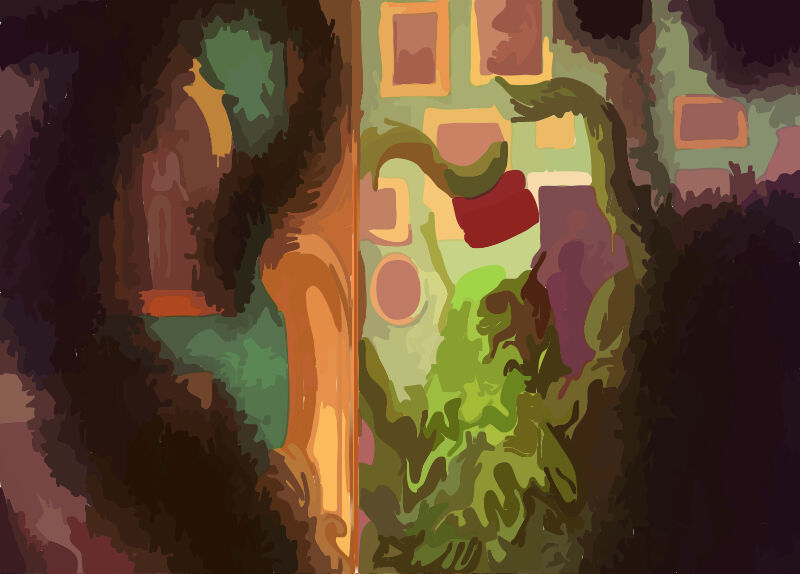“The House in the Cerulean Sea” is a fantasy novel written by T.J. Klune. Published in 2020, the book has received acclaim for its heartwarming narrative and for its themes of acceptance and belonging. It is a poignant and uplifting story that uses fantasy elements to explore real-world issues of prejudice and discrimination. Through its characters and narrative, the novel encourages readers to reflect on their own beliefs and the importance of empathy in fostering a more inclusive society.
Plot Summary
Linus Baker, the protagonist, is a caseworker for the Department in Charge of Magical Youth (DICOMY). He lives a solitary and routine life, conducting investigations on orphanages that house magical children to ensure they are being properly cared for. Linus is given a special assignment: he must visit the Marsyas Island Orphanage, where six dangerous magical children reside under the care of Arthur Parnassus.
Upon arriving at the island, Linus discovers a magical world filled with extraordinary creatures and a caretaker who is unlike any other he’s ever met. Arthur is kind, nurturing, and deeply committed to ensuring the well-being of the magical children, viewed as dangerous by society.
As Linus spends time with the children – Lucy, Talia, Theodore, Chauncey, Sal, and Phee – he begins to question the prejudice and fear that society harbors towards magical beings. The narrative explores themes of love, acceptance, and the transformative power of understanding. It’s a story about chosen families, overcoming prejudice, and finding the courage to challenge societal norms.

Queer representation
The novel not only features queer characters but also explores issues related to identity, acceptance, and love. It subverts traditional tropes related to queer characters. Instead of centering the narrative on the challenges and struggles of being queer, the story portrays queer characters as fully realized individuals with agency, dreams, and desires beyond their sexual orientation.
The protagonist, Linus Baker, is a middle-aged gay man. His sexuality is not the central focus of the story, but it is a part of his identity. His journey involves not only accepting others but also coming to terms with his own desires and finding love and connection: initially rigid and rule-bound, his interactions with the magical children force him to reevaluate his beliefs and to find his own place in the world.
Arthur Parnassus, the enigmatic and charming character who runs the orphanage, is gay; his relationship with Linus becomes a central and heartwarming aspect of the narrative. The novel depicts their love story with sensitivity, portraying a queer relationship that is as profound and genuine as any other.
“The House in the Cerulean Sea” by T.J. Klune also includes queer representation among the magical children residing in the orphanage on Marsyas Island. The story introduces a diverse group of magical children, each with unique abilities that make them special: while the story doesn’t explicitly delve into the sexual orientations or gender identities of the children, their characters are metaphorically representative of diversity, including LGBTQ+ themes.
Moral themes
- Acceptance and inclusivity.
One of the central themes of the novel is acceptance. It encourages readers to embrace the idea that differences should be celebrated rather than feared, and to challenge societal norms and our own biases. The narrative emphasizes the idea that understanding and empathy can bridge the gap between different communities. - Chosen Family.
The concept of chosen family is a recurring motif. The characters in the story form a family that goes beyond blood ties; it highlights the idea that love and support can come from unexpected places and that individuals have the power to build their own supportive communities. - Questioning Authority and Prejudice.
The novel encourages readers to question authority and challenge prejudiced beliefs; it addresses how fear of the unknown can lead to discrimination and explores the transformative power of empathy and understanding.
Conclusion
T.J. Klune infuses the narrative with humor and wit, creating a light-hearted and enjoyable reading experience. The clever dialogue and comedic elements add layers to the storytelling that incorporates deeper philosophical reflections. If you’re looking for a feel-good book that leaves you with a sense of warmth and optimism, this novel is an excellent choice.
Samuel Nava
©2024 Il Grande Colibrì




